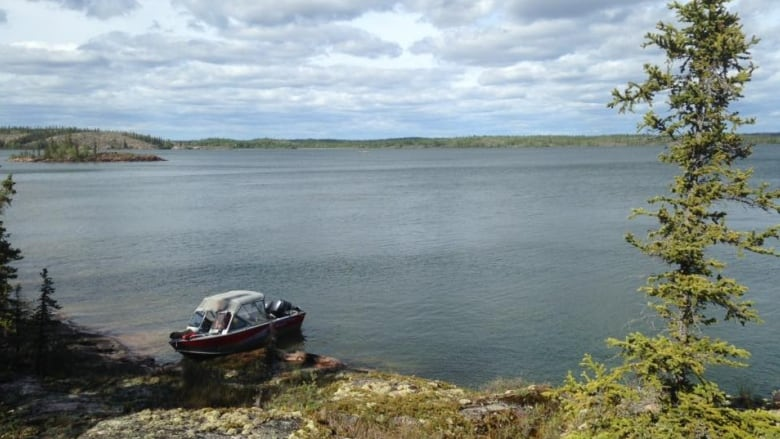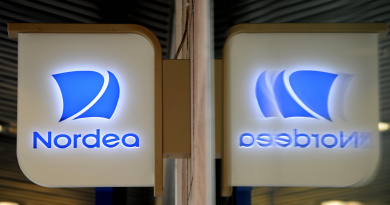Will Great Slave Lake ever be renamed? It could be a while yet, says N.W.T. minister

· CBC News
Renaming process is still in the early stages, 2 years after gov’t received request
The renaming of Great Slave Lake has been long overdue, according to some hoping to see a more traditional name. But though that work has begun, it could be a lengthy process.
“We can’t really put a timeline on it, because it is not the government that is in the driver’s seat of this one,” Caitlin Cleveland, the N.W.T.’s Education, Culture and Employment minister, said.
For years, Indigenous people in the N.W.T. have been working to decolonize names. That’s included calls to scrap the word “slave” from Great Slave Lake and Slavey, changing them to something meaningful to Indigenous people.
In May 2022, then-culture minister R.J. Simpson said the process was “well underway” as far as Great Slave Lake goes. In November of that year, then-Great Slave MLA Katrina Nokleby introduced and later withdrew a bill to change the name of her electoral district.
Request for change in 2022
Cleveland said the territorial government received a request to rename Great Slave Lake in March 2022, and they then reached out to Indigenous governments in the lake’s vicinity — the first step in possibly changing the name.
“That is where the department is still at today, is waiting for information from each of those Indigenous governments and organizations, to ensure that each of them have an opportunity to weigh on what traditional place names they’d like to see,” Cleveland said.
“It will then be officially added to the national registry of lakes.”
The request the territory received back in 2022 suggested the lake’s name reflect four Indigenous languages: Dene Zhatıé, Dëne Sųłıné Yatıé, Tłıchǫ Yatıı̨̀ and Wıı̀lıı̀deh Yatıı̨̀. It was supported by the North Slave Métis Alliance and the former MLA for Yellowknife North, according to information from Cleveland’s department.
Georgina Fabian, an elder from Fort Providence, said the name ‘Slavey’ is a colonial term that was imposed on her people.
“Dene people always worked and never rested … so from the non-aboriginal people’s perspective they see us as slaves … and it should be changed, yeah,” Fabian said.
Questions on altering process
Nokleby told CBC she thinks the government should streamline the process to have a name changed.
“It shouldn’t take this long … but the problem with Great Slave Lake itself is that there are many Indigenous communities that border the lake, so it is now a matter of which name you should choose … so there is a lot of politics with that,” Nokleby said.
CBC News reached out to Yellowknives Dene First Nation chiefs to ask about any ongoing discussions about the possible name change, but they weren’t available for an interview.
Related stories from around the North:
Canada: Canadian Arctic territory sees 29 name changes after waiving fees to reclaim Indigenous names, CBC News
Finland: Eskimo-branded ice cream may get name change in Finland, Yle News
Norway: Walt Disney Animation Studios to release Saami-language version of “Frozen 2”, Eye on the Arctic
Sweden: Can cross-border cooperation decolonize Sami language education?, Eye on the Arctic
United States: American cartoonist says his new book on Canadian Indigenous history helped decolonize part of himself, CBC North



